Emotional Balance
$3,997.00
- Have a Ph.D. teaching you: Dr. Joe Rosario has over 20 years of clinical and teaching experience
- Excellent didactics: your LEARNING is guaranteed
- Do as the thousands of our students graduated all over the world
- Learn how to deal with emotions through the body, posture and movement.
- Learn the latest innovations and the best tools in the treatment of somatic disorders
- Solve several ills associated with it
- Apply everything in practice and impress your patients
Emotional Balance allows the practitioner to use several powerful clinical tools, assessing and treating the patient in all aspects of the embodiment of emotions. This course is extremely practical, with manual clinical content, loaded with full assistance from the teacher. This is usually a watershed course for many therapists, with its efficiency attested by many professionals and patients.
Start: September 28, 2019 @ 9:00 AM
End: October 4, 2019 @ 6:00 PM
Venue: Montreal
Languages: English and Portuguese
SOLD OUT – please wait until next dates or contact us to reserve a seat
Out of stock
Emotional Balance
body, mind and emotions are all connected – know how to treat them all.
Emotional Balance is whole new level of treatment. It uses the posture, movements and body to access and work the emotional memory. Negative emotions can alter posture. Thus, unbalanced and negative emotions are not just one of the reasons for postural related problems, but they can also be the source of innumerable problems, many of them extremely life threatening, such as stroke, heart diseases and cancer.
Reasons for you to do Emotional Balance:
- Evidence-based teaching and more than 20 years of clinical, pedagogical and scientific experience by Dr. Joe Rosario, author of several books, book chapters, and scientific articles in the field.
- You will learn several techniques to effectively access and correct negative feelings and somatic disorders of your patients.
- Essentially practical classes, guaranteeing the certainty of learning and the teacher’s attention in the most important aspects of the techniques.
Why is it important to know how to deal with Emotions?
Scientifically speaking, experiencing frequent positive emotions can prevent cold and flu, reduce inflammation, promote better positive social connections, and protect the body against cardiovascular diseases. Some specific emotions can have amazing effects. For example, the expression of affectionate feelings lowers cholesterol levels; a 30-minute argument with a beloved one can slow the healing ability of the body for 24 hours. If the arguing is frequent, the healing time can be doubled. Long lasting stress increases the chance of cardiovascular diseases, diabetes and depression. Suppressing anger doubles the risk of death by heart attack, stroke and cancer. The problem is that giving in to angry impulses, even short ones, increases the risk of a heart attack by 19%. On the other hand, falling in love raises levels of nerve growth factor for about a year. Depression is highly related with aches and pain, while laughing increases the mood-boosting beta-endorphins by 27% and the youth hormone – human growth hormone by 87%. Jealousy can raise blood pressure, heart rate and adrenaline levels, decreasing immunity at the same time. Gratitude is associated with a more harmonious electric activity between heart and brain. Emotional Balance forces the body to understand, evaluate and treat the emotions of the patient in a safe way.
The problem is that, usually, body therapists don’t know how to deal with emotions and psychologists don’t know how to deal with the body.
The idea of Emotional Balance is bring body and emotions closer. They are part of the same body. However, practitioners segment the body to treat it. Some problems can be better solved when the therapist look at the big picture.
Why Does Postural Balance Make a Difference?
Negative emotions cause a lot of problems to all of us in some point of our lives. Consequences can be awful. Frequently, therapists themselves are treated during the process of the course. Sometimes, old untreated pathologies emerge while in connection with their own emotions, promoting a new understanding of it and opening a door for a different and effective treatment. Because it is important to be emotionally balanced to treat the patient, the course is also focused in the inner path for emotional balance of the therapist as well.
Thus, efficient emotional treatment is essential in your therapeutic arsenal and for your own equilibrium. Consequently, Emotional Balance, as the most advanced course about somatic treatment, is mandatory for anyone interested in solving the negative emotion problems of their patients.
Timeline: Postural Balance (7 days)
- Evidence for the relationship between posture, emotions and health
- Introduction to the Emotional Chains
- Postural evaluation
- Emotional Evaluation
- Evaluation of the Emotional Chains
- Treatment of Emotional Chains
- First Emotional Exercise
- Emotional Armor
- The Human Operating System
- Human Operating System treatment
- Progressive relaxation
- Second Emotional Exercise
- Breathing Techniques
- Mental Imagery
- The 5 steps
- Emotions and Chinese Medicine
- Coaching
- Behavioral Therapy
- Emotional Patterns and Personalities
- Third emotional exercise
- Evaluation and complete treatment
Proposals of the international course of Emotional Balance
- Prepare the therapist for an independent performance;
- To enable him/her to see and evaluate the human being in a global and integrated way, obtaining the diagnosis of the original dysfunction;
- Learn to choose the most appropriate resource or technique to heal the root of your patient’s problem.

Dr. Joe Rosario, PhD.
Professor, Creator of the Method
Physiotherapist graduated from the Federal University of São Carlos, Master’s degree from USP Medical School, Ph.D. from UNIFESP. Postdoctoral degree in Behavioral Medicine. Specialist in Acupuncture, Chiropractic, and Osteopathy. He defended a master’s thesis comparing Segmented Stretching and Myofascial Chains Therapy. He studied the relationship between Posture and Emotions in his Ph.D. thesis. Click here to full bio
Time Load:
7 days
Classroom material:
Bring appropriate clothes for practice.
Prerequisites
This program is for all health care providers. There are NO prerequisites for this program.
Tax Receipts and Refund Policy
Tax Receipts provided on course date.
Please, read our Cancellation Policy for informations about refund
Environment Preservation
Did you know that a Eucalyptus tree produces 7500 sheets of paper? To preserve the trees MTA chose to use digital handouts. Nature is grateful for your cooperation.


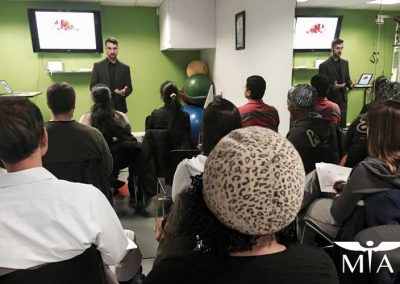
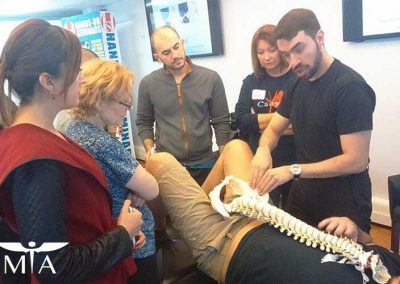
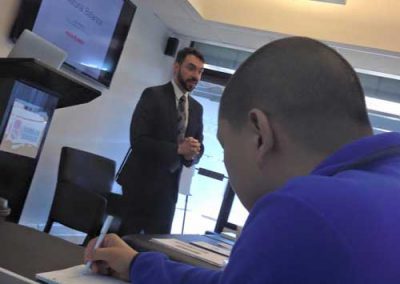
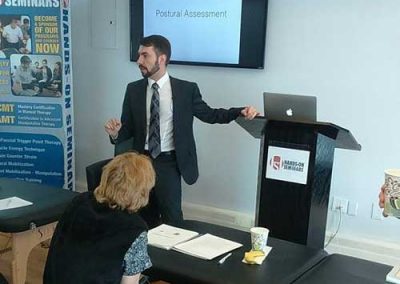
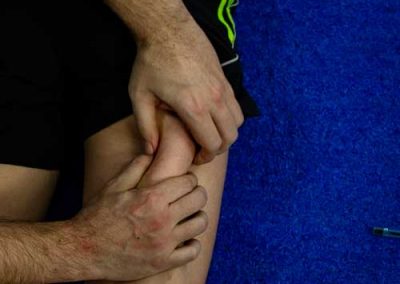
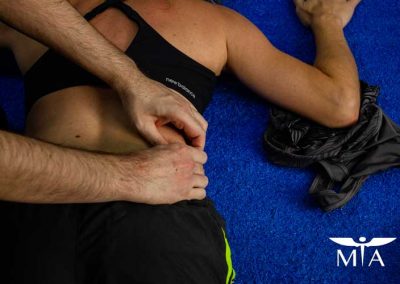
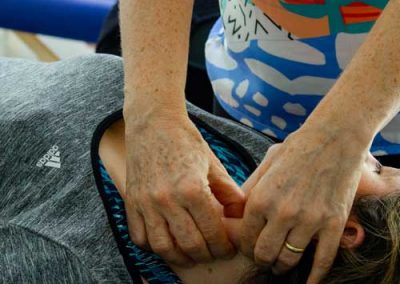
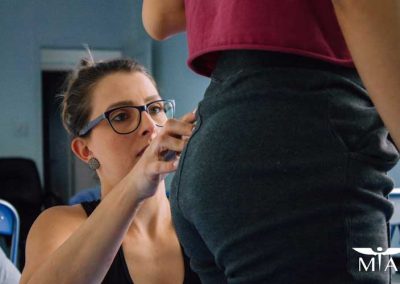
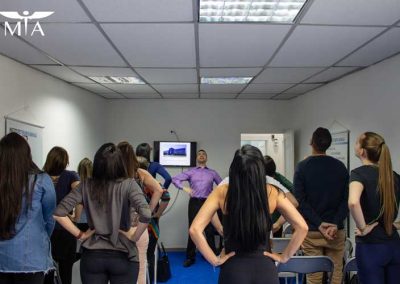
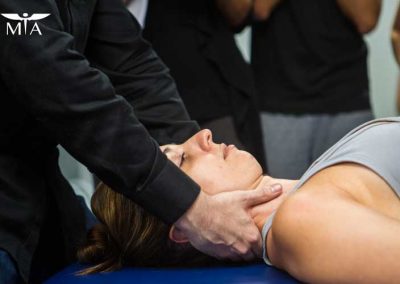
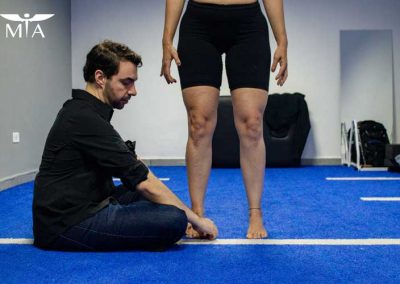
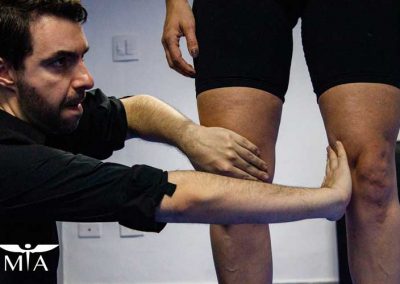
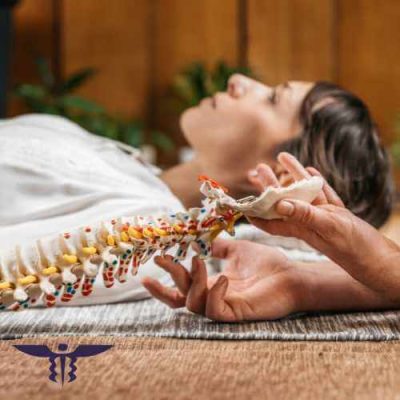


Reviews